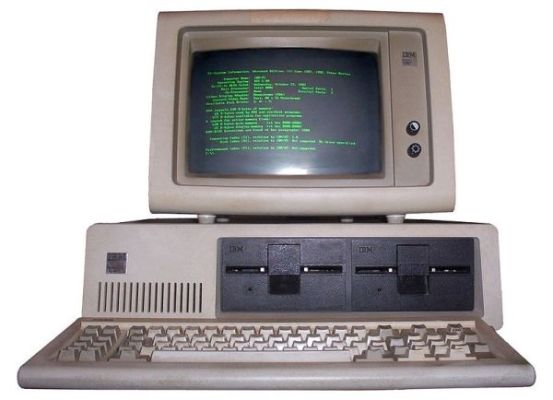Gartner just lowered its forecast on PC unit growth for both 2011 and 2012. The technology research firm cites many reasons, but now expects to see 364 million units shipped in 2011, up just 3.8 percent from 2010 rather than the previously predicted growth of 9.3 percent. 2012 fared a bit better in the just-released report and only received a slight estimate cut to 10.9 percent growth down from 12.8. You should already know the reasons though: economic unrest and oversupply/low demand thanks to alternative devices like as the iPad.
The report states that while PCs are still important to consumers and business, complementary devices are now delaying purchases of full-power devices as they are “seen to be more attractive.” A device, such as the iPad, offers much of the traditional PC functionality in a compelling new form factor. Yep, it’s time to play everyone’s favorite game show “Blame the iPad!”
George Shiffler, research director at Gartner, is quoted in the report on tablets. He says:
“Media tablets have dramatically changed the dynamic of the PC market ,and HP’s decision to rethink its PC strategy simply highlights the pressure that PC vendors are under to adapt to the new dynamic or abandon the market. Vendors only seem to be flailing as they look for quick fixes to their problems. Unfortunately, the resulting chaos is just creating more confusion across the entire PC supply chain, impacting sell-in.”
Gartner also sees indications in the struggling economy in the US and parts of Europe. Consumers and business alike have a pessimistic economic outlook in both regions, stats Ranjit Atwal, research director at Gartner. Western Europe’s problem is compounded by an oversupply of unsold PCs as well.
PCs will continue to grow, but with weak back-to-school sales this year, it’s hard to have a bullish outlook on the future. As the Gartner report suggests, the current crop of PCs are not compelling to older buyers who in turn are extending the life of their current products and creating business for PC shops and IT departments. This is where complementary devices such as tablets and in the past, netbooks, make inroads. They offer a new paradigm in the space with their small form factor and long battery life that lends to increased portability and use cases. OEMs need to hit this segment hard while not ignoring new PC form factors such as the ultrabook, which may be the leader that will spark the PC revival.
